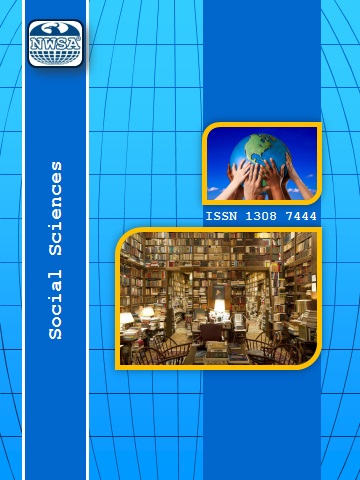|
Authors |
|
|||
|
|
||||
|
Supporting Institution |
: | |||
|
|
||||
|
Project Number |
: | |||
|
|
||||
|
Thanks |
: | |||
 +90(533) 652 66 86
+90(533) 652 66 86 nwsa.akademi@hotmail.com
nwsa.akademi@hotmail.com Fırat Akademi Samsun-Türkiye
Fırat Akademi Samsun-Türkiye
